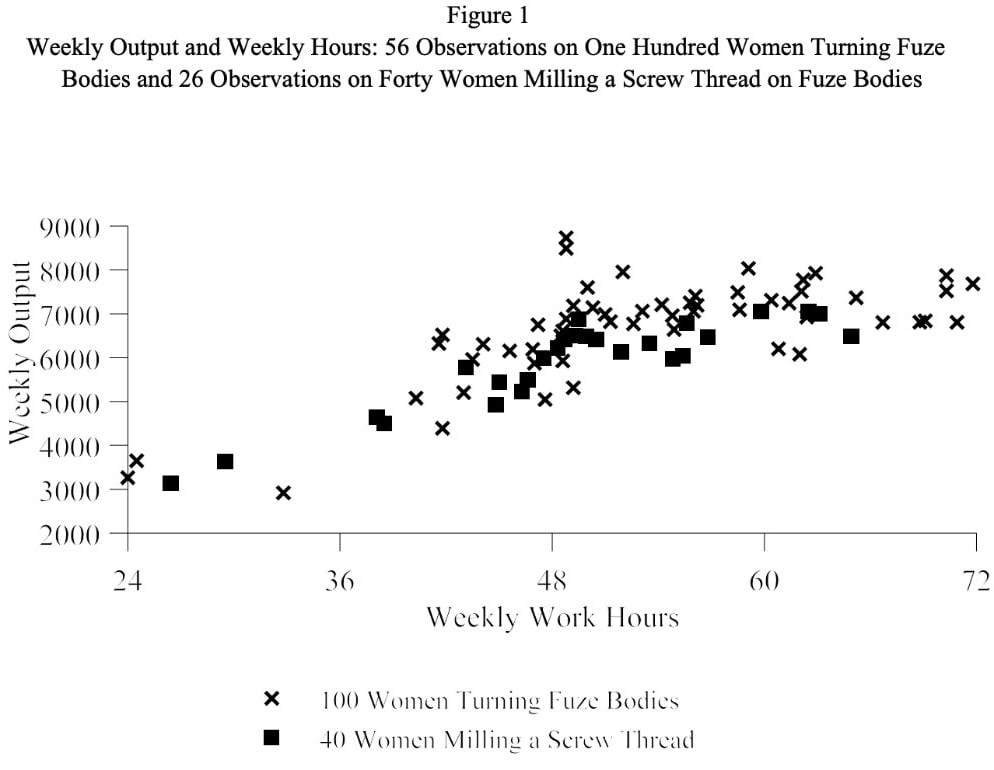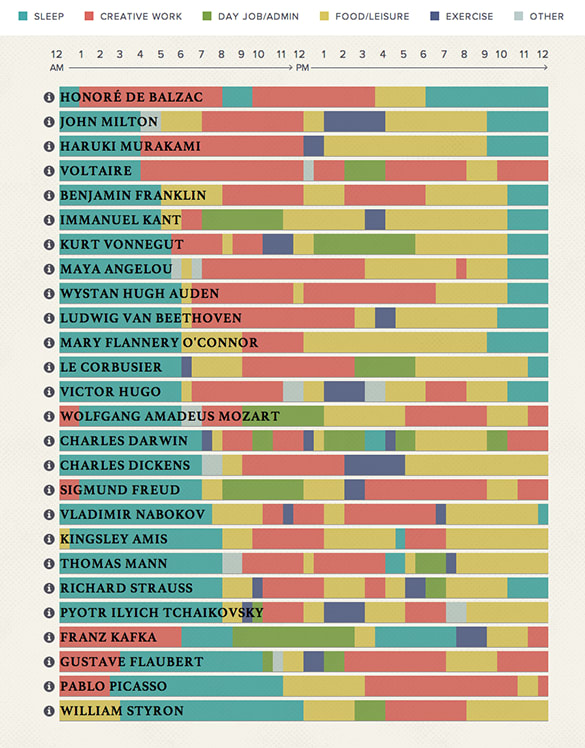What are the deciding factors of human cognitive endurance?
post by koratkar · 2024-02-11T21:56:55.660Z · LW · GW · 3 commentsThis is a question post.
Contents
3 comments
Cal Newport says something to the effect that the median capacity for high-intensity focus is about four hours per day in Deep Work. I think this can bounce around over time for individuals – especially regarding psychological dispositions like bipolar or autism, which proffer an immense capacity for hyper-fixation at the cost of occasional catatonia. Aside from fluctuation, there's remarkable variance between people.
On the high-end, some people can maintain their peak-intensity on a regular basis for ten hours (e.g. John Carmack) without burning out long-term or experiencing short-term crashes. On the low-end, despite a healthy life-style, some people struggle to stay awake during the day (search "you definitely have a thyroid problem" on r/productivity).
What are the deciding factors of this variance, that stake out interventions or practices people can implement to dramatically improve this ability?
[edit/add: drugs are another frame of cognitive endurance – modafinil can, within hours, bring a person to a level of concentration and energy further than a healthy diet and exercise could perhaps ever take that person. Is there any robust method to achieve modafinil-enhanced performance as a baseline – and without chemical intervention?
I've noticed that general cognitive endurance matters to performance more than personal interest, and that I have high cognitive endurance for some things but at times zero for others, which makes it so that I can spend the entire day doing something that looks like intense work on the outside, but is internally experienced as "just another minute"-style procrastination. This is frustrating, and I've had to drop many classes for fatigue reasons.
It's also interesting that there isn't a specific guide to maintaining high-levels of general cognitive endurance, given its economic value – though high-demand companies and startups already select from a pool of high-endurance people.]
Answers
3 comments
Comments sorted by top scores.
comment by Gunnar_Zarncke · 2024-02-11T22:22:51.572Z · LW(p) · GW(p)
I don't have an answer but I have two sources in my Anki deck.
On manual labor:

Source: https://docs.iza.org/dp8129.pdf
For creative work of geniuses I have this chart:

Source: https://mediaocu.com/2015/03/30/daily-routines-of-geniuses-and-how-mine-measures-up/
Replies from: Viliamcomment by Viliam · 2024-02-12T15:13:11.839Z · LW(p) · GW(p)
Using myself as a data point (self-diagnosed aspie / adhd), the key factors are:
- do I have all the requirements / data I need -- or is it obvious where I can find it?
- will I be interrupted during my work?
If everything is clear and there are no interruptions, I could probably work 16 hours a day (assuming someone brings me food -- or make it 15 hours a day and I will buy something myself).
But give me unclear or self-contradictory instructions, internal documentation written by people who hate to write, frequent meetings, two or three tasks to work on in parallel... and the number can drop to 0.